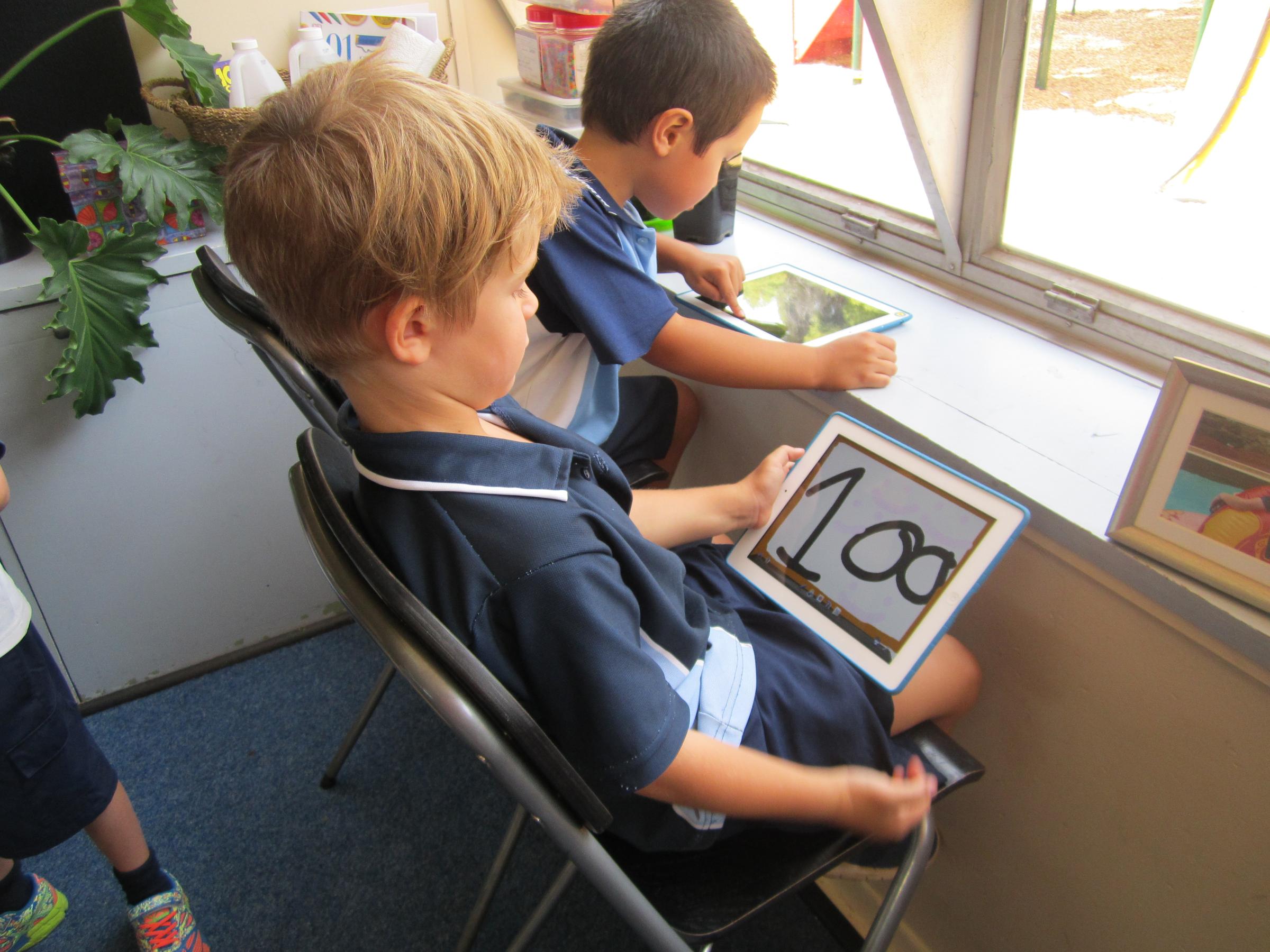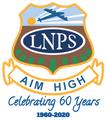Curriculum - other

Technology
In Mellor, students have access to a number of forms of IT throughout the day. Students work on the interactive whiteboard daily independently and in groups. Children will use programs and games such as Jolly Phonics, A Sound Way (phonological awareness skills), Dice Strings (maths strategies game) and Subitising flashcards to name a few. The interactive whiteboard will also be used to show short videos and songs that supplement our programme.
Children can access iPads to consolidate their skills in many curriculum areas such as maths, (addition, patterning and counting activities), English (letter formation and reading), The Arts and HASS.
There are a growing number of apps that are designed to have the student create content, making them a powerful and engaging tool in the classroom. Much of the focus for Semester 1 will be on students using the iPads as a way to create and share work. Attached is an overview of Apps we will be using to create and share work together.
Health
Who am I and how do I contribute…. How can I be the healthiest happiest me?
In Mellor, students start to learn more about themselves and explore their abilities. The skills students learn in Health are broken up into the following areas:
Being Healthy safe and active
- practise what to do and how to get help when they feel uncomfortable, unsafe or need help with a task or problem.
Communicating and interacting for health and wellbeing
- recognise and practise various emotional responses and take into account their own and others' feelings.
- practice personal and social skills such as cooperation, decision-making, problem-solving and persistence.
Contributing to healthy active communities
- create classroom agreements that make the classroom a healthy, safe and active place.
- celebrate and respect differences and diversity in individuals and communities.
The health curriculum will also incorporate the Keeping Safe: Child Protection Curriculum. The Child Protection Curriculum has two main themes
- We all have the right to be safe.
- We can help ourselves to be safe by talking to people we trust.
These themes are explored through the following focus areas:
- The right to be safe
- Relationships
- Recognising and reporting abuse
- Protective strategies
The Arts
Through various art forms, students, independently or in groups, participate to express and reflect their growing understanding of the world. They begin to learn arts technical skills.
Typically, students will:
In Dance, dance alone and with others, being aware of the space and people around them.
In Drama, engage in role play and act out plays based on stories from the community
in music, listen to and create music and discuss how it makes them feel.
In Media Arts, discuss media images of characters and settings in community stories.
In Visual Arts, explore a variety of materials to create and display their art works for others to view.
The Mellor Year 1/2 team have agreed to all “specialise” in one area of The Arts. Ms Martin/Ms Perkas - Dance, Ms Kite – Drama, Mrs Saxon/Mrs Byrnes - Media Arts, Mr Barwa - Music and Mrs Jones - Visual Arts.
HASS
History Unit
How have things changed over time?
This semester in HASS, students will working on a History unit focussing on local and family history. Inquiry will centre on school life, investigating what school was like for their parents, grandparents and family members. We would welcome any old scholars of Lockleys North Primary School to come and share their past experiences with students. Please let us know if you or family members are old scholars.
Students will share artefacts and stories of past and present, using everyday terminology to describe change and give local directions relating to significant historical local places. Emphasis is also on the importance of preserving local history and religious events of local areas. Students will investigate how technology has changed lives, work, schools and communication.
Skills
Through questioning, researching, analyzing and communicating, students will wonder and develop curiosity about the past and present. When researching, students will collect data and present this using tables, maps, art works, drama or using technology. In order to develop empathy students will explore different points of views to undertand how and why things may change or stayed the same over time. Children are welcome to bring in historical artefacts to share of pictures on a USB.
